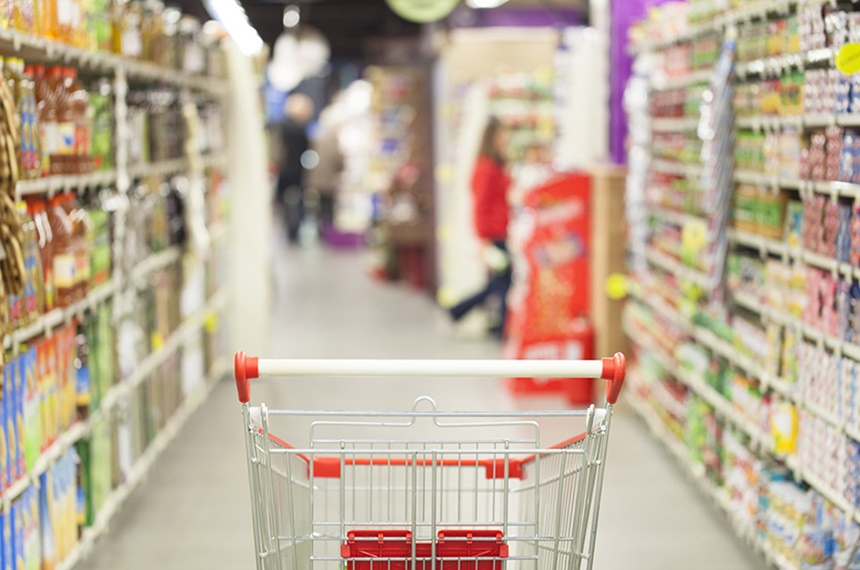
Rules on food donations: The growing number of social supermarkets in Croatia
In the text Culture of food donations we have explained the legislative and the socio-economic backgound when it comes to the issue of food donations in Croatia. Rules on the conditions, criteria and ways of donating food and food for animals adopted by the Croatian Ministry of Agriculture came into force on November 1st 2015 with a goal to lay down detailed conditions, criteria and ways of donating food and food for animals.
Before these changes, Croatian enterprises had to pay VAT when they donated food, which is no longer the case. In fact, before these changes, it was more profitable for the enterprises to waste food instead of donate it. Even though the rules have changed, the problems are still numerous and still are not solved from the legislative side – the growing number of social supermarkets is surely one of the most visible.
What are social supermarkets?
Social supermarkets are the type of stores that collect, storage and distribute free/donated food and other household supplies to the persons with lower or nonexistent economic status.
Croatia is surely still on its way when it comes to learning from good practices of other countries - it is estimated that Croatia throws 90kg food per capita a year. Low living standard as well as the negative economic conditions inevitably caused the growth of supermarkets that are ofthen the only help for those in need.
Even though the changed Rules on donating food have a higher goal, in practice we see the opposite effect: instead of donating food close to the expiry date to the social supermarkets, many enterprises still decide to destroy it or sell it at a very low price in discount stores. As the expiry date approaches, product, of course, becomes much cheaper. Since the destruction of products has a certain price, companies eventually find it more profitable to sell it under different circumstances and make a profit, rather than destroy it or donate it. On the other hand, those companies that continue to waste food, still do not suffer any form of sanctions. Those who donate it, often donate it to - social supermarkets.
Beneficiaries of social assistance in the Department of Social Welfare and members of their families, as well as other citizens with low or nonexistent income can contact social supermarkets and register as users. After they have been registred, according to the specified schedule, they can come and use products and services of the store.
At the moment there are sixteen social supermarkets in Croatia that distrubute donated food. It is expected that their number will raise, alongside the number of the people in need. Their final goal is, of course, that they dissaper.
For those that are operate from day to day, it is on all parts of the society, not only businesses, to show support and donate food when that is possible.
Within Hi4CSR project partners will work on analyzing the current situation when it comes to the issue of donating food in the EU and the differences between practices.
If you are interested in this topic, have comments or would like to have more information, feel free to contact us on info@idop.hr or through our social media channels!
Author: Jasenka Begić (The Croatian Institute for Corporate Social Responsibility)

Follow us on